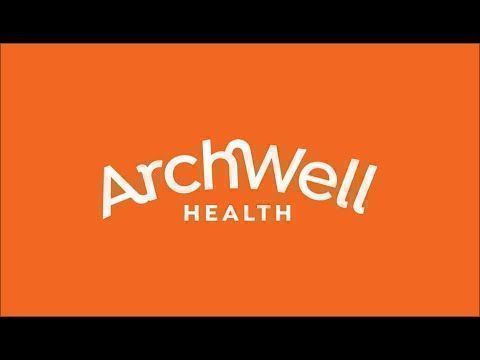Vitamin D deficiency, what natural methods exist
The vitamin D is essential in our bodies because it promotes the proper functioning of bones. In fact, deficiency of this valuable vitamin can lead to rickets or osteoporosis, but symptoms also include fatigue, weakness and depression.
What to do if you have a vitamin D deficiency
Vitamin D can be assimilated either by exposure to sunlight or through diet. For this very reason, it is essential to take care of the diet, preferring foods that are rich in it such as:
- fish (trout, sole, mackerel, salmon, swordfish, sturgeon, tuna, sardines) but also cod liver oil
- eggs (especially the yolk)
- milk and butter
- meat (chicken, duck and turkey)
- cereals and legumes
- the leafy greens
With regard to sun exposure, however, it is best to sunbathe with proper precautions, thus avoiding the hottest hours and protecting yourself with appropriate sunscreens. It takes as little as 30 minutes a day to fill up on this essential vitamin.
In general, it is best to avoid, however, taking vitamin D supplements as they may conceal several troublesome contraindications. However, for completeness, it should be mentioned that these are available in numerous formulations: in capsules, drops or pearls.
Both vitamin D2, which is of plant origin and therefore also suitable for vegans and vegetarians, and D3, which is of animal origin, are available. Lately there are vitamins D3 obtained from plant sources, and therefore, if certified as such, even vegetarians can take them.
In any case, the doctor will certainly know which one to recommend and the cases in which it is necessary to prescribe it (for example, in cases of pregnancy and lactation or if one is elderly). However, the latest guidelines of the Italian Society of Mineral Metabolism and Skeletal Diseases (SIOMMS) recommend vitamin D3, which is considered more effective than vitamin D2.
